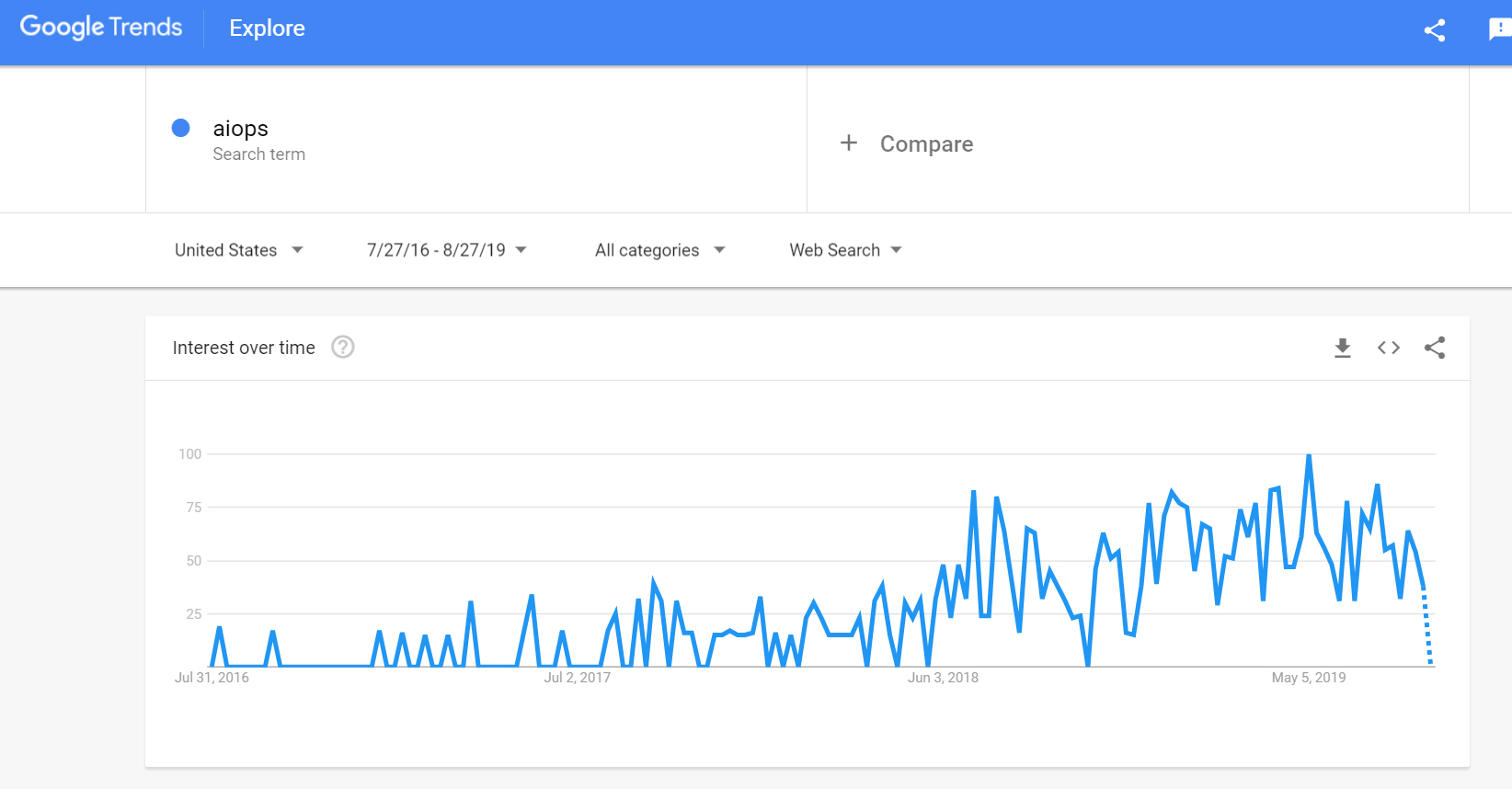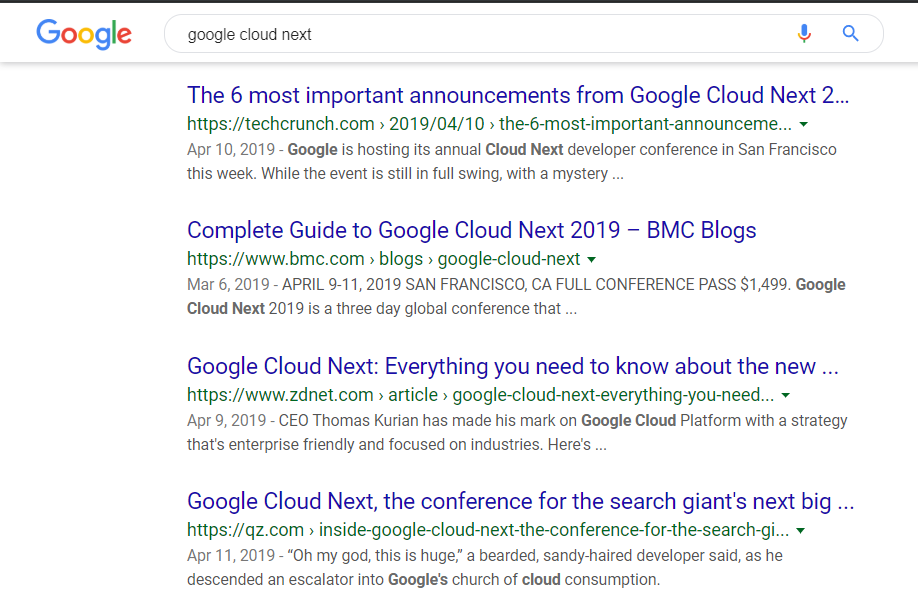Publishing web content designed to attract prospects when they’re in buying mode is a natural place for companies to start with SEO blogging.
However, for most businesses, both the universe of people interested in purchasing right now (or are actively researching a purchase) and the universe of topics those people are looking up as part of their research are quite small.
After a couple of years, many marketers feel like they’ve exhausted their potential for growing their audience simply because they’re myopically focused on the task at hand – talking to and attracting prospects who are currently in buying mode.
In this blog post, I will explain:
- How to attract prospects before and after they’re in buying mode.
- How to get your brand on the radar of influencers in your industry through blogging.
Why You Must Write Outside Your Product Area
I am not here to argue that you shouldn’t post blogs about your products and services or the needs of prospects considering you vs. competitors. Certainly, you should.
Non-prospects, though, are engaged in creating and sharing content.
Journalists, podcasters, students, professors, conference organizers, other marketers, researchers, bloggers – and your prospects when they aren’t researching products – are constantly Googling things.
The job of an SEO is to have the best content on the web to appear at the top for those searches. This behavior is what generates natural inbound links, brand awareness, and trust.
This non-prospect-audience are the real influencers (no offense to people like this). Their jobs often depend on researching things on Google, finding quality sources to cite for their own work, and sharing. You can become their trusted source.
People might encounter your brand and develop trust with it through a strong SEO blogging program.
In the future, they may be in the market as a prospect or prospect influencer (such as a colleague or adviser), your brand will have a leg up on the competition.
What to Write About to Gain Industry Influence
When planning your blog content calendar and deciding what to write, consider:
- What topics a journalist in your industry might write about.
- What they might be Googling to find the information they’re looking for.
Try to create a research report that deserves to be on the first page of search results for this type of query.
Include citations, tables, graphs, charts, bulleted lists, numbered lists.
Be the best resource on the web for the query.
Below is a list of proven blog ideas from the world of Enterprise IT that can be applied to practically any industry – this is a formula for B2B SEO blogging success.
My suggestion is to start with these topical constructs and brainstorming ideas before using any type of SEO tools. Use Google’s auto-suggest and related searches to help guide you.
Only begin to consider search volume for fine-tuning the exact keyword targets and/or prioritization.
The goal isn’t necessarily to create content for high volume keywords, but for the right audience that is likely smaller but more influential due to their intent.
Writing About What Is Trending or Will Be Trending Soon
This is an agreeable suggestion, but it can be hard to know what is trending or will be trending soon.
Conferences, podcasts, and analyst reports are great places to look for ideas.
Write About What Has Been or Will Be Discussed at Conferences
When someone is at a conference and they hear about a new industry concept, they may be turning to Google on their phone while the speaker is still going.
Having your content at the top of search results to explain “What is X” at that moment can be critical.
Here’s the great thing: Most conferences post the titles of their sessions in advance and after the fact.
Make a list of the top 2-3 conferences in your industry and check out the session list from last year and the upcoming year. Read through the session list with a watchful eye for topics/keywords.
Create content explaining the basics for the keywords you’ve noticed. Note that conference session titles are written sort of like social clickbait – with a captive audience in mind – as opposed to like an SEO title that is designed for research and findability.
The conference attendees are going to attend some session, sort of like the reader of an airline magazine is going to read some article.
This incentivizes “clever, creative, and humorous” titles – I use scare quotes here because it is quite rare indeed to find actually clever titles in these settings.
Write About What Is Discussed on Podcasts
Podcasts are another great place to look for content ideas. Come up with a list of top podcasts in your industry and browse the list of past titles and guests.
Suppose a regular listener to the podcast is going to turn to Google to find out more about or a different perspective on the core topic of an episode.
What content can you create to show up when a person is researching further?
People who are on the podcast circuit as guests are just like people who are on a conference circuit as a speaker, or the people who are on a book tour. They’re out there pushing certain ideas and concepts constantly reinforcing their ideas.
It might take 2-3 times of hearing about some new concept that a podcast guest is pushing before a web user decides to Google it.
If an SEO blogger can gain a top position for a topic that someone else is out there promoting in the world, your chances of success rise dramatically.
You are catching someone else’s wave.
Write About What Is on the Hype Cycle, or What Analysts Are Pushing
In the world of IT, the Gartner Hype Cycle is a great tool for quickly seeing where the analyst first stands on a variety of topics.
When Gartner, Forrester, or another analyst firm decides to put their weight behind a new topic, rest assured search volume will follow.
A great example is “AIOps”, which is a term coined by Gartner to essentially replace what had been previously known as predictive analytics for IT operations.
Gartner originally defined it as “Algorithmic IT Operations” but later changed the meaning to “Artificial Intelligence for IT Operations”.
No matter the definition, it’s been an arms-race for IT Operations software vendors to create the best content on the web to explain this new topical area.
Using Google Trends we can see how “AIOps” has grown as a result of Gartner’s efforts:

Going a step further, a smart SEO professional can prepare for long-tail content based on phases of the hype cycle.
When a topic is still in the Innovation Trigger stage, creating content on “What is X” is sufficient and necessary because that is what users are looking for.
Once a topic moves to the Peak of Inflated Expectations, a blogger can start creating content designed for the Trough of Disillusionment.
Nobody is searching for “Is AIOps Dead” yet but give it a year or two and they certainly will.
Write About General ‘Trends’
Researchers love data about trends. It is possible (and often difficult and expensive) to create your own high-quality original research, with trends year over year.
It is relatively easy, though, to create content that discusses trend data in your industry compiled from other sources and compared/contrasted to create a more holistic view that from any single source.
For example, within Enterprise IT, these are common queries that people might be looking for.
- Cloud growth trends
- IT spending trends
- IT budget trends
- SaaS growth trends
In the linked example above, the software vendor blog I work on has the #1 organic position, outranking Gartner, Forbes, Business Wire, and MarketWatch.

People researching this topic might discover the brand for the first time – and consider it as or more credible than the websites it outranks.
Part of the power of organic search is the perception that a brand must be trustworthy and legitimate in order to have achieved a top ranking for a competitive phrase.
People generally trust Google’s ability to surface the most credible content first, so appearing above known trusted brands is in implied endorsement, the Google seal of approval.
Writing About Research
Every year there are highly anticipated research reports coming out from many organizations.
For example:
- DORA (now part of Google Cloud) publishes their annual “Accelerate State of DevOps Report”.
- Gartner publishes their annual “Magic Quadrant” for various types of software.
- BMC publishes the world’s largest survey of mainframe professionals.
In each instance, people know to look for information about these reports.
Bloggers and SEO pros – along with reporters, podcasters, and other media creators – can be prepared for this and develop content that analyzes and reports on the findings of the research.
Consider what are on the benchmark industry research reports coming out annually for your niche.
Then, create content analyzing the most recent version of the report and plan to update your analysis once the next batch of research is released.
This is a perfect use-case for a durable URL. Since the name of the reports don’t change often if ever, a blogger can release an updated version of their “Mainframe Survey Analysis” on an annual basis while accumulating links, likes, and shares on a single URL.
Writing About Specific Conferences
A great way to get in front of the right audience, when they aren’t in buying mode, is to help them plan and research upcoming industry conferences.
For example, Google Cloud Next is a huge and important conference in the IT industry.
A quick Google search for this phrase today shows that Google itself occupies the top 4 organic spots (as it should). But the next (and last) 4 organic spots are held by other entities: TechCrunch, ZDNet, Quartz, and BMC Software.
These websites which aren’t controlled by Google are riding the wave of excitement Google is creating for their event.

Consider what events are critical to your prospects and people in your industry.
Create content to help users plan for the upcoming event, or to cover what was announced or happened recently at the event.
Writing About General Industry Conferences
Writing about specific conferences can be a great tactic. Another great tactic is writing about general industry conferences.
For example, someone looking up [DevOps Conferences] is either a conference organizer themselves, or is trying to decide what conference to attend themselves.
Either way, creating a roundup post of Top Conferences for your industry can be a great way to get in front of your desired audience.
Writing About Books, Podcasts & Influencers
Many smart and influential people read books. Getting in front of those people when they’re researching a book to buy can be a great tactic. (Not to mention, books are a great source for general content ideas.)
You can write about individual books, like in this review of Gene Kim’s influential DevOps book, The Phoenix Project, or you can write about general types of books.
At BMC Software, we do not sell books, but anyone searching for [digital transformation books] is an opportunity to get our message and brand in front of future prospects and influencers.
Similarly, when someone is searching for [IT Podcasts] or [DevOps Influencers], we want to appear in search results because although the searcher isn’t in buying mode, they might be one day in the future.
Every industry has an ecosystem of books and authors, podcasts and podcasters, and various other influencers that can be written about.
Conclusion
Hopefully, these examples provide a starting point for your own planning and research.
Consider how you can create content that will get your brand in the path of prospects when they aren’t looking to buy – so that when they are looking to buy, they already know and trust you.
Think about what you can create that will be found by content creators and industry professionals.
More Resources:
- A Winning Formula For B2B Content Creation
- 3 Social Strategies Every B2B Marketer Should Memorize ASAP
- 5 Lessons from Netflix on How to Be Successful with Content Marketing
Image Credits
All screenshots taken by author, August 2019


